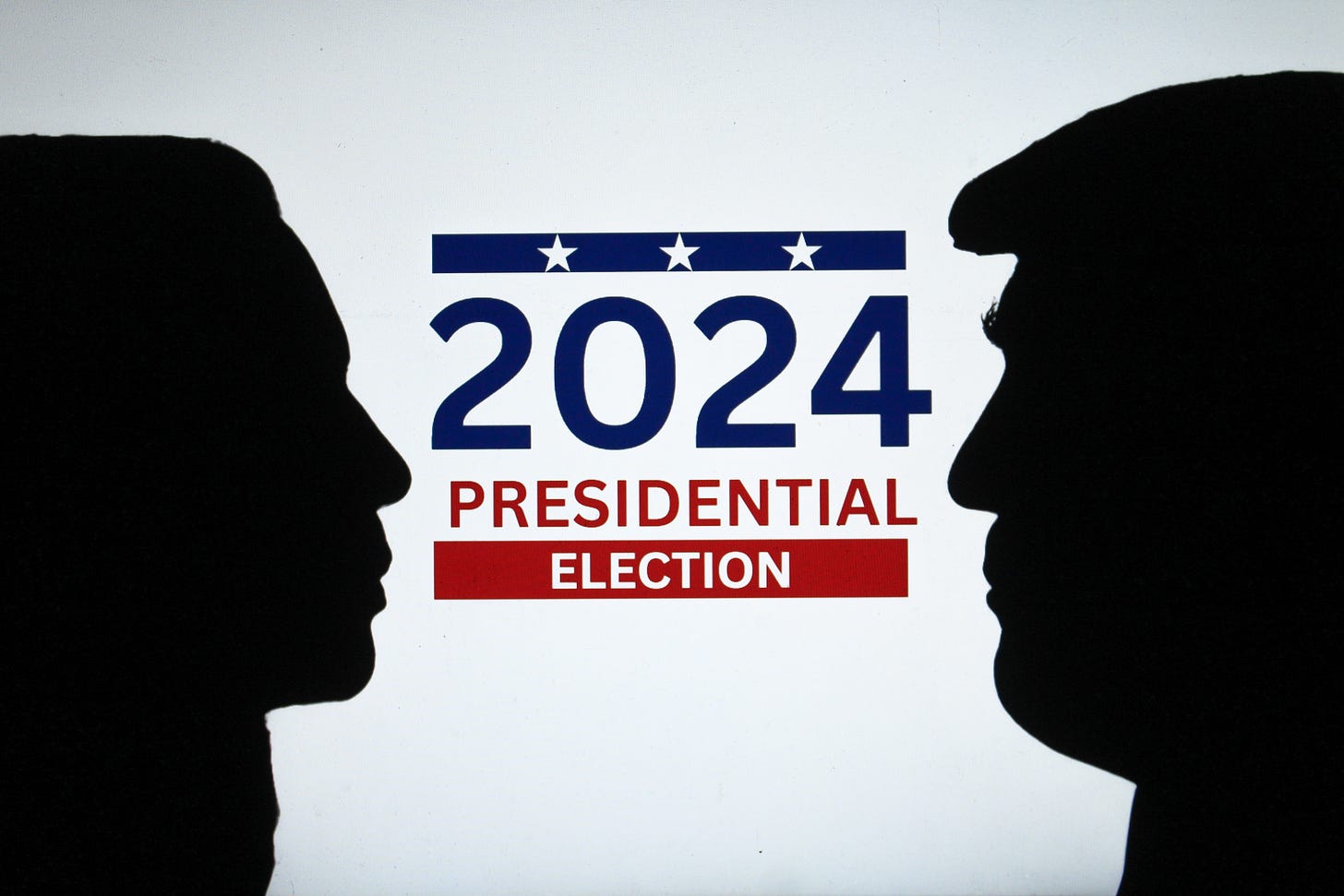For current and aspiring interns, it's time to face election season
What it means for internships and political jobs
As the general election approaches, Hoyas working on Capitol Hill or in the White House, and looking towards future positions in these offices ponder how their professional development will be impacted by the result of the election.
The future of internships in the D.C. policy sphere may change drastically depending on the results. Meanwhile, working as an intern in the realm of partisan politics can be tricky amidst stress, apprehension and controversy.
Previously, the Trump White House Internships were heavily criticized for their lack of diversity. Intern photos depicted an almost completely white intern cohort. Meanwhile, the Biden-Harris administration aimed to promote diversity. President Biden created new opportunities for people from marginalizing backgrounds to apply to the White House intern program, being the first president in recent history to start paying interns.
Frances Ovadje, a Georgetown Student studying Government, interned for the Biden Administration in the fall of 2023. She thoroughly enjoyed her experience and commented “I would likely not be able to work for Biden if I didn’t get paid.”
Biden’s act removed barriers for students unable to work otherwise. Whether this policy would continue under a Trump administration is unclear. Ovadje expressed appreciation for her time working under the Biden-Harris administration.
She felt that they promoted bright futures and valuable networking opportunities within the Administration, and remained kind and accommodating throughout the process. President Biden and Vice President Harris also spoke to her team at the end of her internship, which she found to be an empowering experience.
Another key difference amongst the potential administrations’ internships will lie in the positions available. Compared to the Biden administration, positions in the Trump administration were based more on the day-to-day workings of the White House, such as positions in the Office of Speech Writing or the Office of White House Counsel whereas internships in the Biden years have had more policy-focused attributes, including positions working for The National Space Council or The Council on Environmental Quality. For students passionate about a specific policy area, this structure is promising, while those hoping to see the daily logistics of the White House operations may prefer Trump’s approach.
Beyond the White House, the stakes are different. Robert Moore is an SFS student who has worked with Congressman Mike Lawler, whose seat is in a precarious position for the upcoming election. Moore expects the energy of the office to remain optimistic as the team believes in Lawler’s efforts this year and has a good chance at winning as a moderate Republican candidate despite living in a historically Democrat-leaning district.
“If he loses, internships will be easier for Democrats. Depending on your political leanings, if that group does well this year, getting internships will be easier for you,” Moore explains.
Moore also discussed the impact of a Trump win on think tanks. As a moderate Republican, he expressed concern that more center-right or moderate think tanks may fall out of favor under a Trump presidency. For instance, the American Enterprise Institute might become more left-leaning, or lose its standing in favor of more far-right institutions like The Heritage Foundation.
Additionally, Moore cited concerns about the Project 2025 federal hiring freeze. Project 2025, a policy play book created by The Heritage Foundation that would likely be adopted by the Trump administration, proposed deep budget cuts and elimination and privatization of federal programs along with hiring freezes and caps on personnel.
These cuts are estimated to cause up to a million federal job losses. While Trump has publicly distanced himself from Project 2025, he and the likely members of his administration remain associated with these plans and policies that promote shrinking.
Kyra Joostema, a student who works as an intern for Brookings at their Center for Effective Public Management has seen the impacts of the election at her workspace. The workplace is buzzing with business and lots of stress.
Joostema explains, regarding the levels of uncertainty and controversy, “Scholars at Brookings who have been working there since the 80s and 90s say they haven't seen anything like before in previous elections.”
Tensions remain high at the office of the Brookings Institute as employees don’t know what the ramifications of the results will be either way, or what policy conversations will be at the forefront of public conversation in the next administration.
Moreover the controversy and tension the elections bring can also make policy jobs harder.
Joostema explains, “People who we interview are sometimes less willing to put their names towards pieces now because they don't want their names associated with some of these topics.”
Interestingly, even beyond the political world, elections have an impact on the hiring process. Companies tend to change their hiring plans ahead of the election, according to a recent article from CNBC, especially as Harris and Trump have different strategies for business regulations, tariffs and taxes that may impact who and how many people are hired over all industries. However, candidates can expect a pickup in hiring around the holidays after a slower November.
Regardless of which candidate and what party prevails after November 5, interns will always be needed, and there will still be jobs available on The Hill or at a federal level. Hoyas need not worry about finding employment in Washington, but they may face a changed job search landscape in the future.





